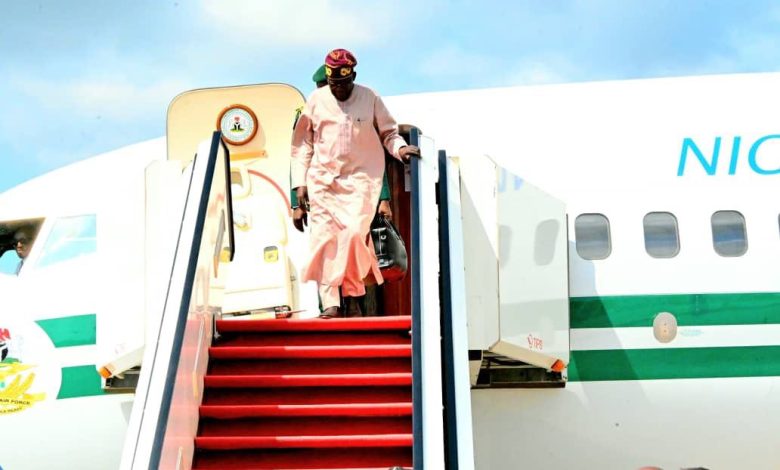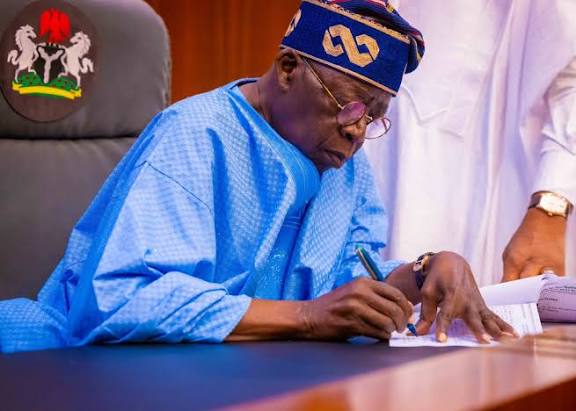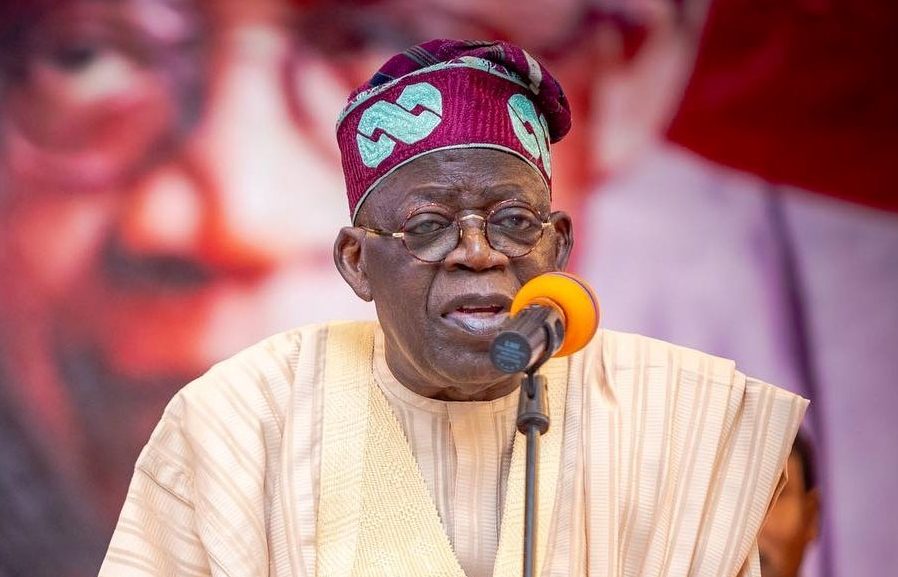Isaac Samuel
President Bola Ahmed Tinubu on Wednesday declared that the worst is over for Africa’s largest economy, assuring Nigerians that the difficult reforms introduced by his administration since 2023 are finally yielding results and laying the foundation for a prosperous, self-reliant future.
In a nationwide broadcast to mark Nigeria’s 65th Independence Anniversary, Tinubu said the country has turned the corner after decades of policy distortions and mismanagement, with economic indicators showing strong recovery, improved fiscal stability, and renewed investor confidence.
“I am pleased to report that we have finally turned the corner. The worst is over, I say. Yesterday’s pains are giving way to relief. I salute your endurance, support, and understanding. I will continue to work for you and justify the confidence you reposed in me to steer the ship of our nation to a safe harbour”, the President said.
Tinubu, who acknowledged that his administration inherited a “near-collapsed economy,” said the choice before his government on assuming office was either to maintain the status quo and watch Nigeria slide further into crisis or to take bold, painful decisions to save the nation.
He said the removal of the “corrupt” fuel subsidy regime and the unification of foreign exchange rates were necessary steps to reset the economy, end rent-seeking, and redirect public funds toward education, healthcare, infrastructure, agriculture, and social safety nets.
According to the President, the measures have begun to pay off, saying that Nigeria’s GDP grew by 4.23 per cent in the second quarter of 2025, the fastest pace in four years while inflation dropped to 20.12 per cent in August, its lowest in three years.
The country also recorded a trade surplus for five consecutive quarters, non-oil revenue surged past N20 trillion by August, and external reserves rose to $42.03 billion, the highest since 2019.
He said oil production has equally recovered to 1.68 million barrels per day, while the naira has stabilised with a significantly narrower gap between official and parallel market rates.
The President listed ongoing investments in roads, rail, seaports, and power, citing the near completion of the 284-kilometre Kano–Katsina–Maradi Standard Gauge and Kaduna–Kano rail projects, and the Lagos–Calabar Coastal Highway.
On security, Tinubu said the armed forces are recording significant victories against insurgents, bandits, and separatist groups, with peace returning to many previously volatile communities in the North-East and North-West.
Tinubu also highlighted his administration’s youth-focused interventions, including student loans through the Nigeria Education Loan Fund (NELFUND), consumer credit schemes, and the iDICE programme for tech and creative startups.
“Over 510,000 students have benefited from NELFUND, while 153,000 Nigerians have accessed N30 billion in affordable loans. YouthCred is already supporting NYSC members with consumer credit for resettlement,” he said.
Despite the progress, Tinubu admitted that many Nigerians are still grappling with the cost of living but insisted that economic collapse was not an option.
He urged citizens, state governments, and businesses to join the drive for productivity and self-sufficiency.





